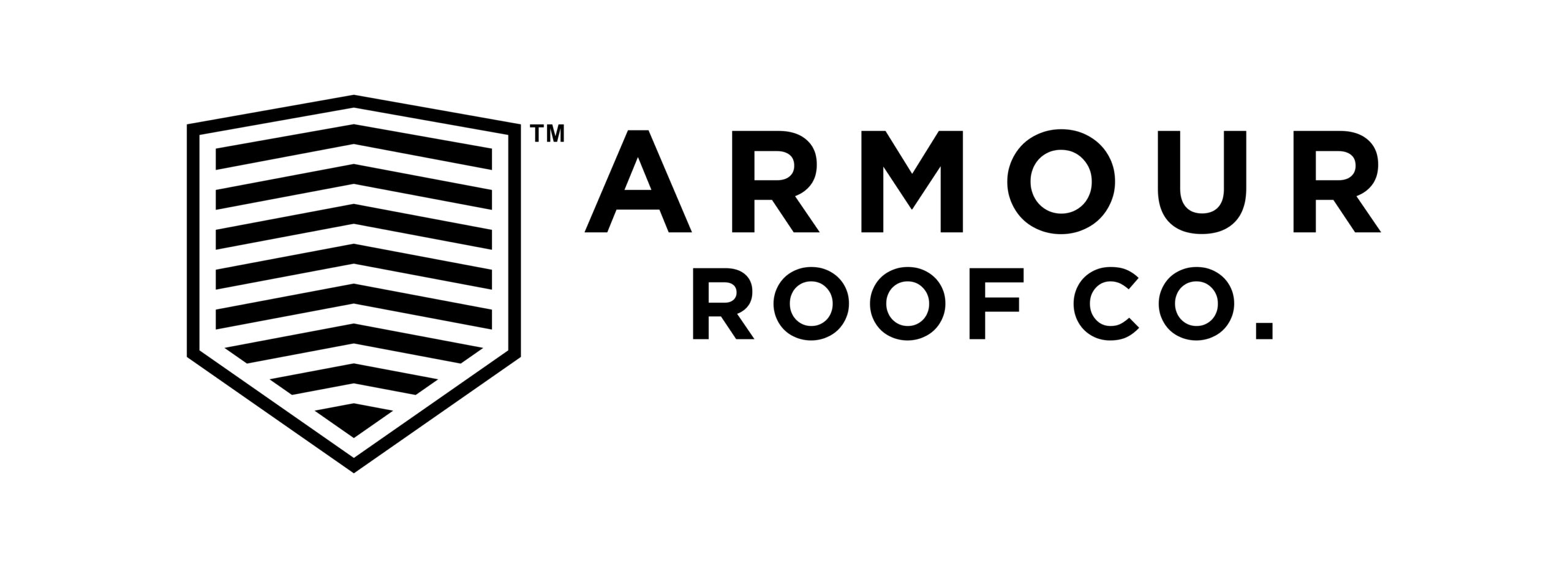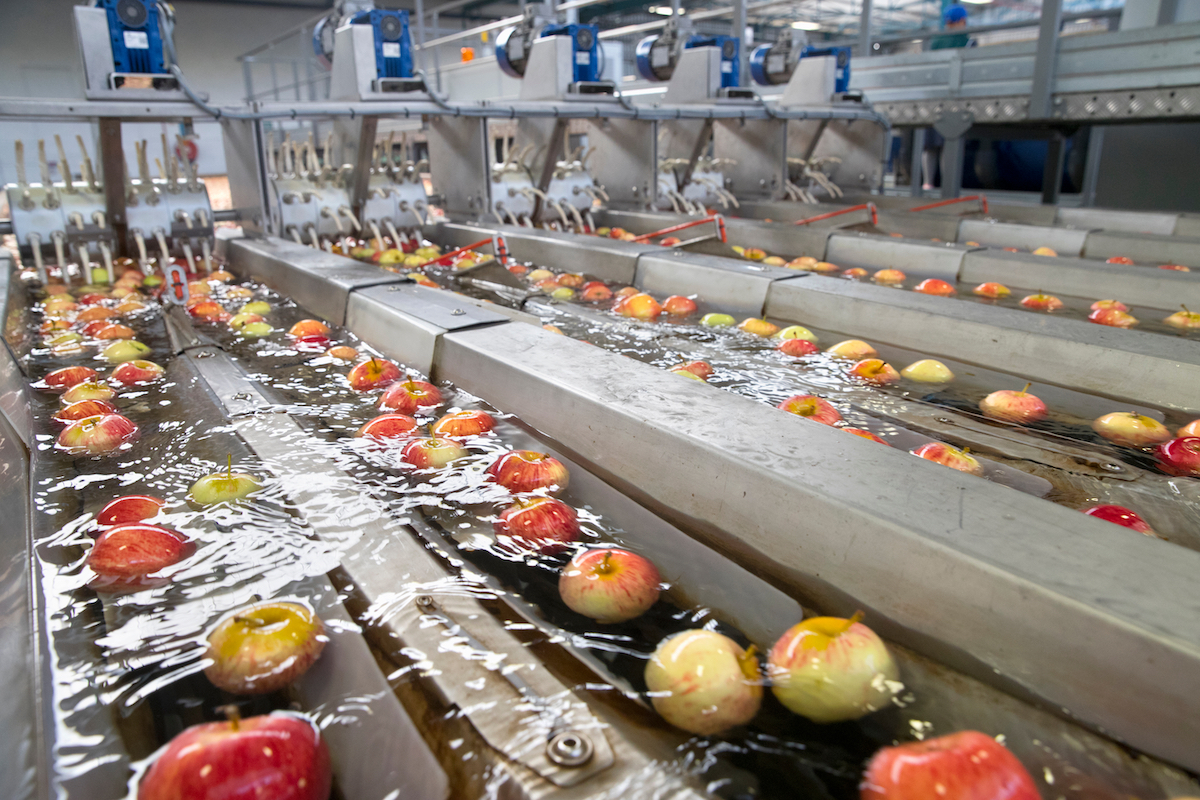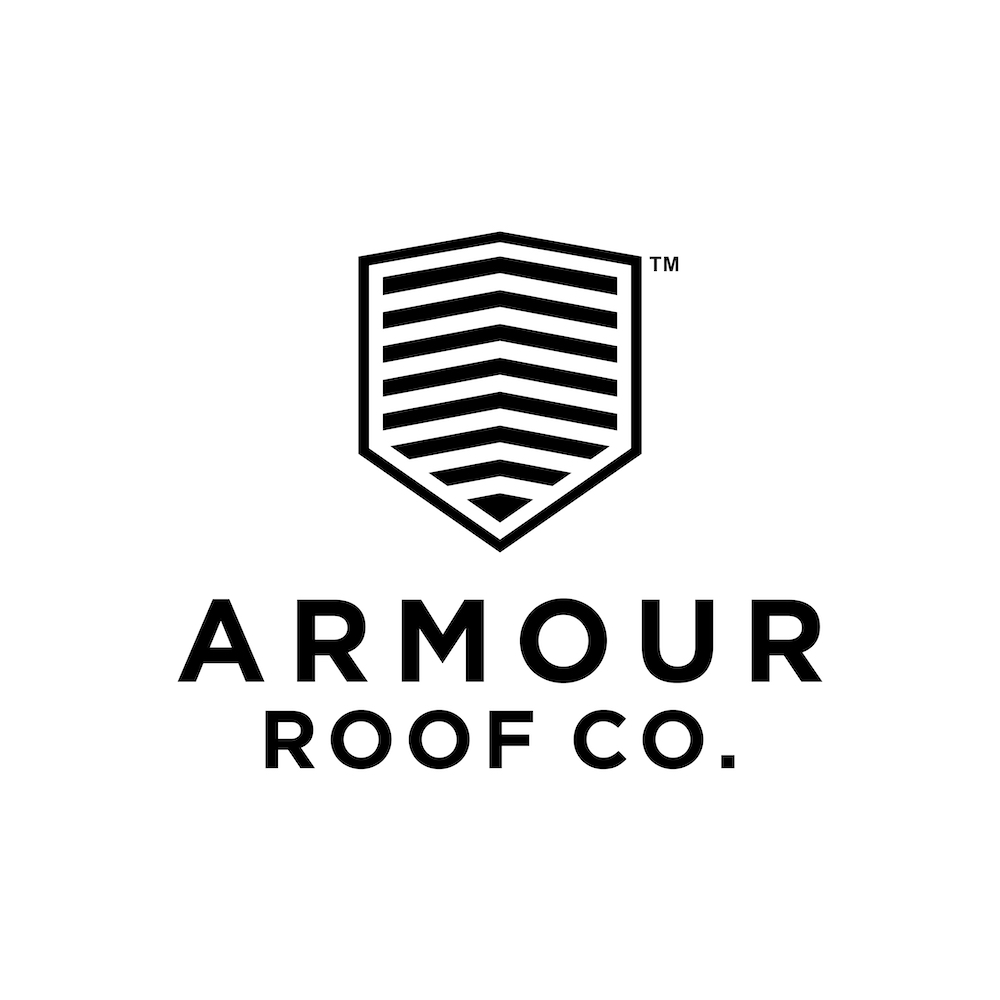When an industrial food processing plant experiences a leak, replacing the roof is one of the most delicate processes out there. A commercial roofing company has to take extra steps of precaution to avoid debris and contaminants from getting on the food or the food equipment.
It’s a laborious process, but here’s what the industrial roofers needs to take into account when working on a leaky roof:
Isolation of the Work Area
Using plastic sheeting, the commercial roofer will have to isolate the work space from the rest of the facility and take extra care to seal off any exposure.
Preventing debris from falling onto the food or food processing equipment will ensure clean and hygienic operations.
Proper Disposal and Sanitization
Special sealed containers are required to carefully dispose of the old roofing materials to prevent any dust or debris from escaping and contaminating the food.
Additionally, prep work is required to clean and sanitize the work area so when the new roofing materials are being installed it doesn’t contaminate the food. This process is repeated as necessary over the course of the roof installation.
Special Equipment to Prevent Contamination
Roofing is a messy job no matter how much care is involved, therefore, extra specialized equipment is needed for a food plant re-roof. This includes vacuum cleaners and air scrubbers/filters to further try to capture any dust or debris generated during the installation.
Plus, it would ideally minimize the spread of dust/debris into other areas of the facility.
Oversight Monitoring
The foreman of the roofing project is often responsible for continuing to monitor the progress of the installation to prevent any contamination. This person should be enforcing and coordinating the extra sanitary standards and be the point of contact for the business.
Summary
Replacing the roof on an industrial or commercial food plant requires intricate planning and execution. More work is required to seal off the area, continually monitor for dust/debris, and ensure the facility stays hygienic.
Not to mention, contamination could potentially break compliance for food processing which is why it’s extra crucial to be abundantly cautious.
The alternative to a brand new roof on a food plant would be to use roof coatings which is significantly less disruptive on operations, requires less isolation standards, and will be less in terms of time and investment. If you’re unsure if roof coatings will work on industrial buildings, here are some benefits to consider.
If your industrial food plant or any other industrial building is experiencing leaks, we would be happy to take a look and give you a free assessment. Call (402) 289-7869.



